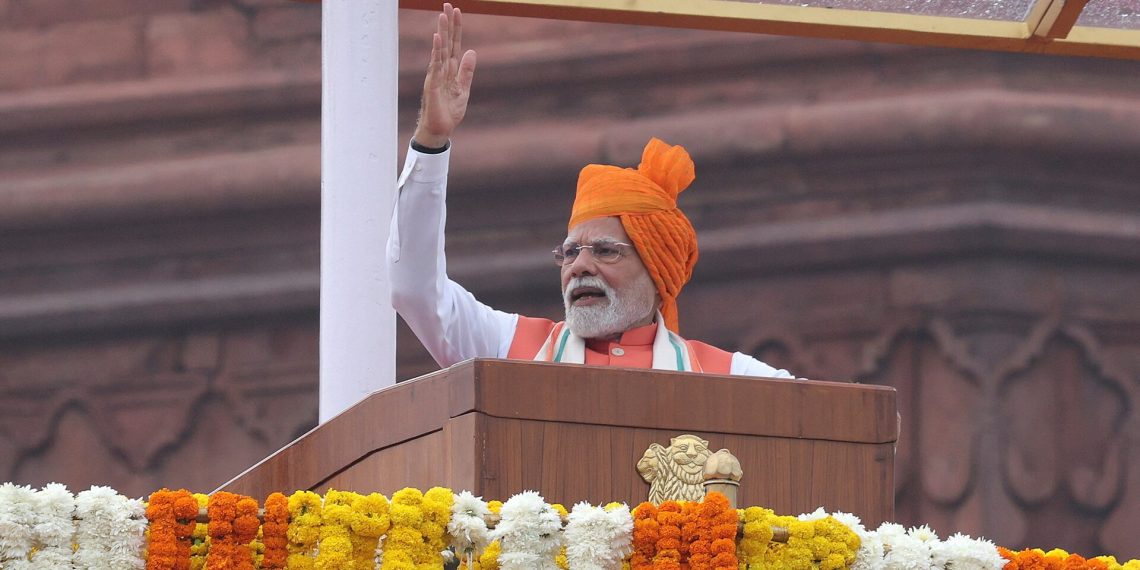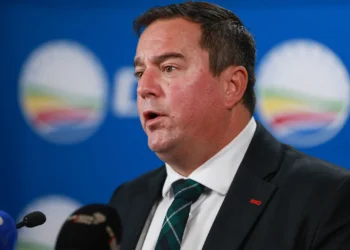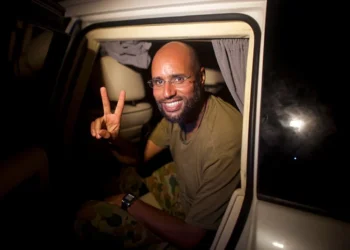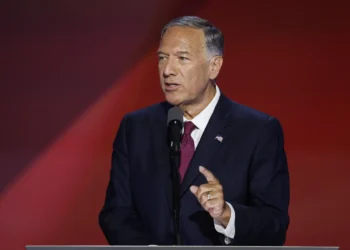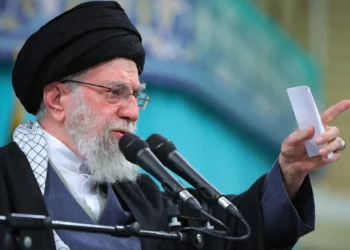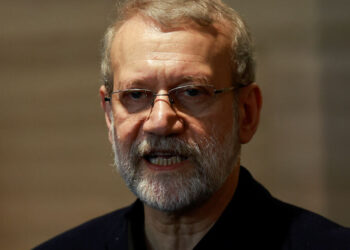NEW DELHI (Realist English). Indian Prime Minister Narendra Modi on Friday urged the nation to accelerate its drive toward self-reliance, expanding domestic production from fertilisers to jet engines and EV batteries, while promising to defend farmers’ interests amid escalating trade tensions with Washington.
Speaking from the ramparts of the Red Fort on Independence Day, Modi said “farmers, fishermen, cattle rearers are our top priorities” and pledged to “stand like a wall” against any policy threatening their livelihoods. “India will never compromise when it comes to protecting the interests of our farmers,” he declared, without directly mentioning the United States or tariffs.
The remarks came as India braces for the economic impact of steep new duties imposed by US President Donald Trump, who last week announced an additional 25% tariff on Indian goods, citing New Delhi’s continued imports of Russian oil. The measures, which will raise duties on some exports to as high as 50%, threaten to disrupt shipments worth nearly $87 billion in 2024, hitting sectors such as textiles, footwear, gems and jewellery.
Modi announced that goods and services tax rates would be lowered from October to spur consumption and bolster growth in what remains the world’s fastest-growing major economy. He also called on traders and shopkeepers to display signs promoting “Swadeshi” — made-in-India products — as part of a broader push to reduce reliance on imports.
The prime minister said India’s first domestically produced semiconductor chips would reach the market by year-end, and that exploration for critical minerals was underway at over 1,200 sites to secure supplies for key industries.
Trade talks between New Delhi and Washington collapsed after five rounds, largely over US demands to open India’s farm and dairy sectors and to halt Russian oil purchases. In the wake of the tariff dispute, some of Modi’s supporters have called for boycotts of US brands including McDonald’s, Coca-Cola, Amazon and Apple.
Despite the tensions, the Indian foreign ministry said on Thursday it hoped bilateral ties would “move forward based on mutual respect and shared interests,” in an effort to reassure that relations with Washington remain on a constructive track.


